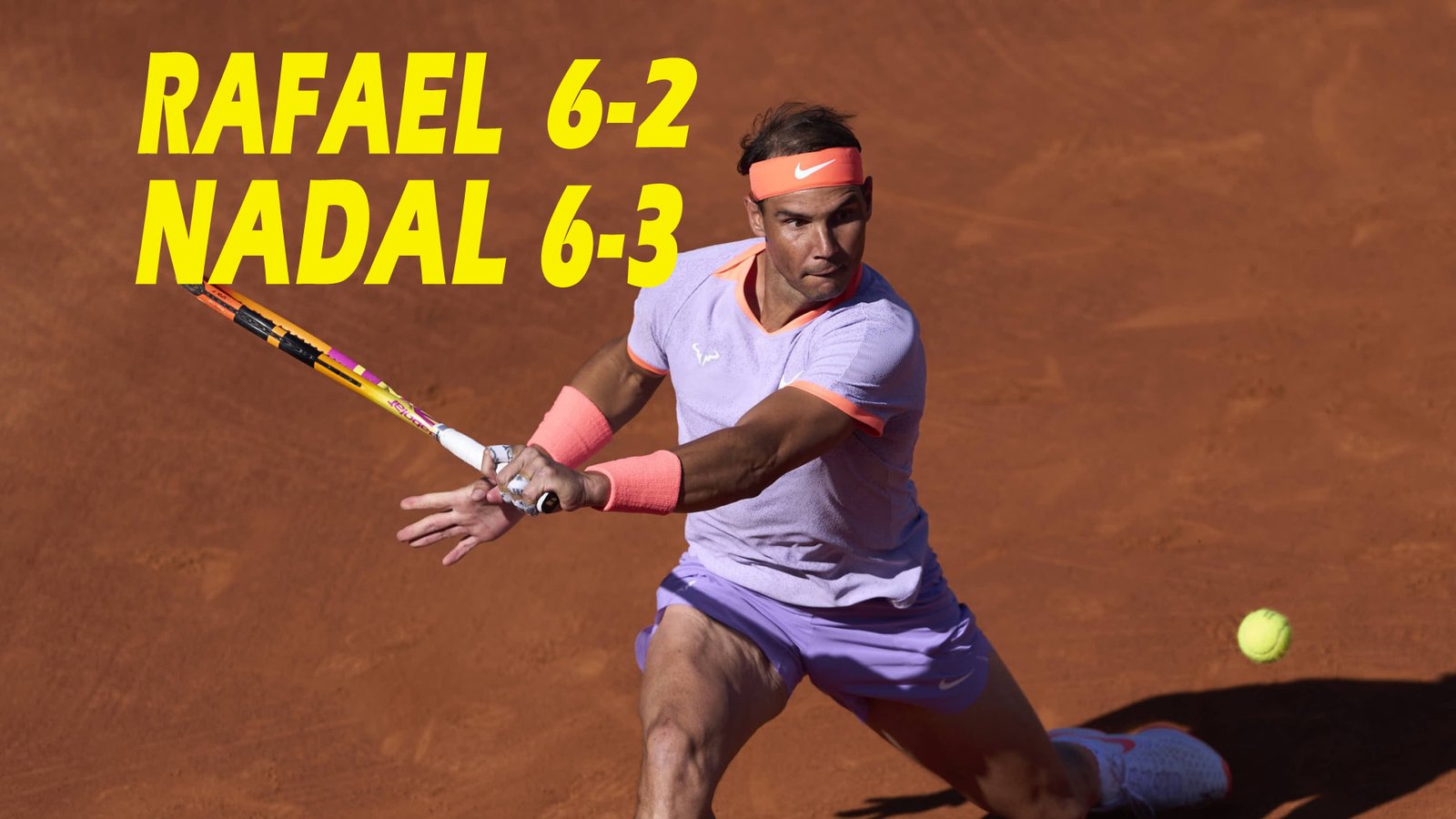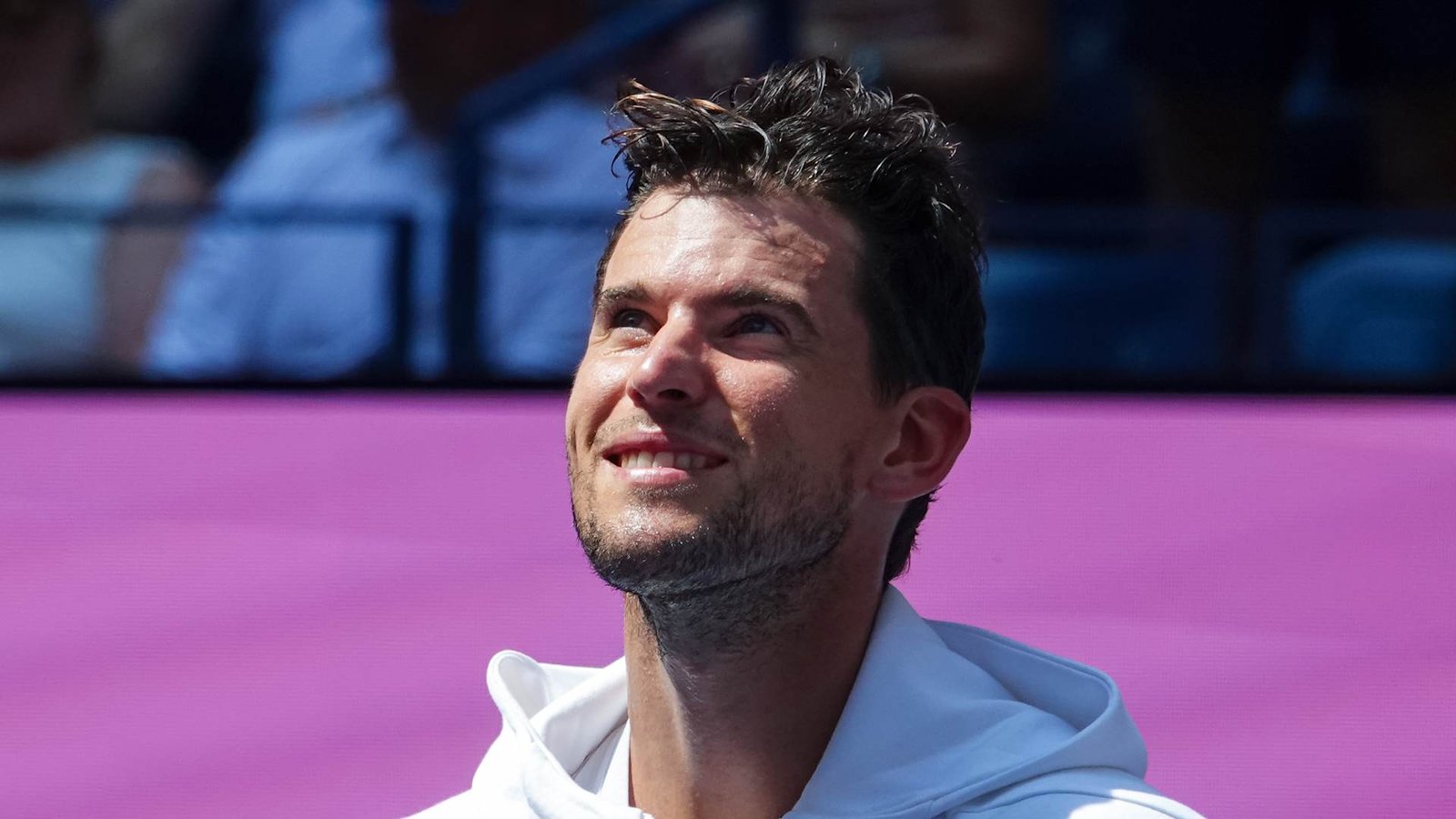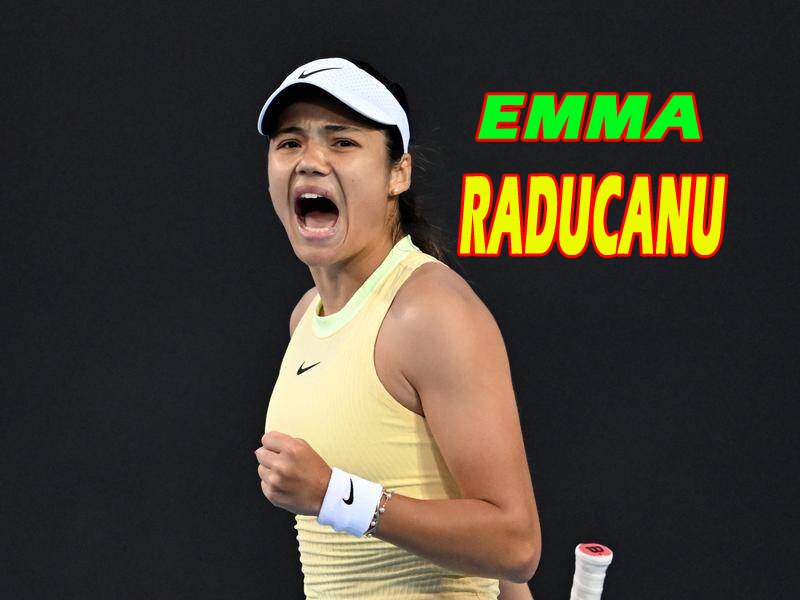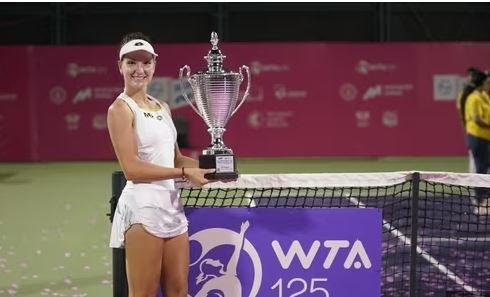Novak Djokovic, a 24-time major winner, is undoubtedly a national treasure in Serbia.
One honor still eludes him as he nears the end of his remarkable career: an Olympic gold medal. Even with his enormous accomplishments, the fact that he did not receive this award makes his story about competing in the forthcoming Olympics in Paris very interesting.

It seems as though Novak Djokovic will easily enter the International Tennis Hall of Fame. He no longer needs to prove anything to anyone because he is on the verge of becoming the all-time Grand Slam singles champion. Or does he?
The one accolade the Serbian celebrity has yet to receive is an Olympic gold medal. Since the Grand Slam events are the main attraction for tennis fans, millions of them don’t give that much thought. However, a far greater group of sports enthusiasts think that winning an Olympic medal is the ultimate achievement in any sport. And Djokovic’s passionately patriotic countrymen share that belief.
Whatever transpires in Paris, Djokovic will always be regarded as a national gem in Serbia. There will be more pressure to cross off the last item on his resume when he ties them up at Stade Roland Garros at the age of 37. It’s a tall order considering the ground young competitors, including Jannik Sinner (who won’t be competing in the Summer Games) and Carlos Alcaraz, have gained on him in the last 12 months.
After losing to Alcaraz handily in the Wimbledon final round, Djokovic stated, “I’m going to have to play much better than I did today and feel much better than I did today in order to really have a chance to beat these guys in Grand Slam or latter stages or the Olympics.” “[The Olympics are] on a completely different surface obviously, [and I’m] going back to the place where I got injured some weeks ago,” he said, adding a somber evaluation to it. See you later.
Beyond the threat of up-and-coming talent, Djokovic has excellent reason to hedge his bet. Djokovic’s story at the Olympics is a bewildering one filled with misfortunes, unexpected slip-ups, and seeming errors of judgment that he has seldom encountered to a significant extent during his career. There’s going to be a lot of strain, and it starts with his own perception of the circumstances.
At Wimbledon, defending champion Alexander Zverev revealed that Italy’s Matteo Berrettini had claimed during a Roland Garros practice session that the Olympic trophy was the “most difficult trophy” to win.
“We have multiple opportunities to win every year at Grand Slams or other events,” Zverev remarked. “However, you will have to wait four years for another opportunity if you are not competing during that [Olympic] week. It is also, in my opinion, one of the largest prizes and one of the biggest things in sports in terms of pressure and expectations.
The public’s and Olympic participants’ strong sense of patriotism is the most evident source of outside pressure. In addition to becoming a global fame, Djokovic is a fervent and outspoken patriot. All eyes will be on him to bring home another medal for a country that has taken home a grand total of 24 medals (six gold) from the Summer Games, which is hundreds less than neighboring Poland or Romania, but equal to Morocco.
“I feel like it’s much more significant for him [Djokovic] than any other competition outside of Wimbledon and the US Open,” Coco Gauff’s coach Brad Gilbert, who won an Olympic bronze in singles, told me. Yes, I do believe that he is quite patriotic. He participates in Davis Cup. In Nation’s Cup, he plays. He’s quite excited about the Olympics. In every sport, the Olympics hold great significance for their nation. Since their population is small, it is very important.
Although Djokovic’s difficulties in the Games are difficult to understand, they are somewhat common. Ultimately, Roger Federer never won a gold medal in singles competition (although he did win a silver in singles and a gold in doubles).
Moreover, even the most dedicated tennis fan may find it difficult to comprehend the roster of male Olympic champions. Marc Rosset, Nicolas Massu, and Zverev are among the gold medallists since 1992; none of them have taken home a Grand Slam victory.
Also Read: Elena Rybakina Withdraws from Paris Olympics 2024 Due to Illness: Caroline Garcia Takes Seeded Spot

Djokovic’s finest Olympic performance came on his debut, a bronze in Beijing in 2008 after a victory against James Blake. He had not yet won his second major, despite the fact that he was rated third at the time. With four of the last five majors under his belt, he appeared to be headed for gold by the time the 2012 Games rolled around.
That year, Djokovic represented Serbia with the flag, but Andy Murray beat him in the singles and he lost to Juan Martin del Potro in the bronze-medal match. It turned out to be a turning point, although a negative one, in Djokovic’s journey toward the gold. Del Potro defeated Djokovic in the opening round of the 2016 Rio de Janeiro Olympics, which was their second meeting between the two countries.
The next Olympic Games were hosted in Tokyo in 2021, however spectators were not allowed into the venues because of the Covid epidemic. It is quite likely the most enigmatic of Djokovic’s Olympic endeavors. He entered the competition having already won three majors that year, and he was ready to achieve a career-defining calendar-year Grand Slam.
At that point, Djokovic had proven himself capable of reaching unrealistic goals, but it seemed that he misjudged the level of difficulty involved in the Olympic format—a structure that places a great deal of demand on athletes competing in multiple disciplines. While Olympic matches are best-of-three sets, elite players are under pressure to win medals for their countries, which is why they surprisingly enter the doubles or mixed doubles categories despite the tournament being crammed into just nine days.
When Djokovic made the decision to enter the mixed doubles with relatively unknown Nina Stojanovic, the tennis tournament was already under way in Tokyo’s oppressive heat. Although doubles and mixed doubles are typically a joke for elite athletes, the competition in the Olympics is just as intense as it is in singles. The specifics of how gold was acquired are hidden by its aura.
As a result, Djokovic had to battle through seven matches in just four days, totaling sixteen sets of action. He lost three games in two days, stammered, and eventually gave up. In the singles semifinals, where Djokovic appeared to have the upper hand, Zverev pulled off an incredible upset against the favored player.
Then, with bronze on the line, a dejected and worn-out Djokovic lost to Pablo Carreno Busta of Spain. Following that defeat, Djokovic withdrew from the mixed doubles, conceding a loss by walkover. Reporters were informed that he was exhausted and in “unbelievable” pain, and he publicly apologized to Stojanovic for calling off their search.
Now that we’re back, we’re wondering what might possibly go wrong—or, ultimately, right—this time. As he’s already shown everyone, Djokovic has nothing left to prove. He’s been playing with house money, but you would believe he was playing with his own life savings because of how competitive he is. Djokovic’s goals might still be greater than his advanced age and inability to decipher the Olympic code.
“I’m going to work on it,” Djokovic remarked when asked about his disappointing Wimbledon performance. He went on to say that he had encountered similar challenges before. I’ve had a really diverse range of experiences in my work. When faced with hardship, I usually overcome it, grow from it, and become stronger.
Although Djokovic‘s fruitless pursuit of an Olympic gold medal has been instructive, there is rapidly running out of time to apply all of his newfound information.





